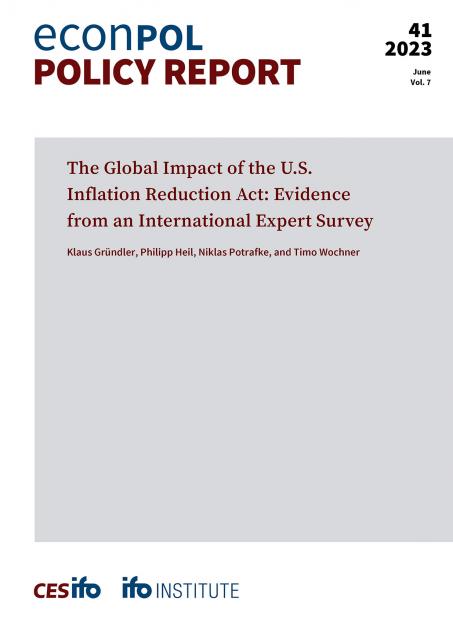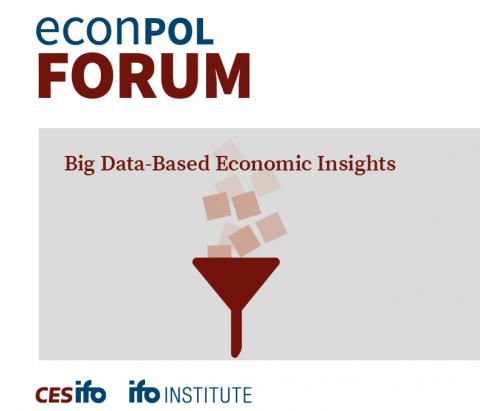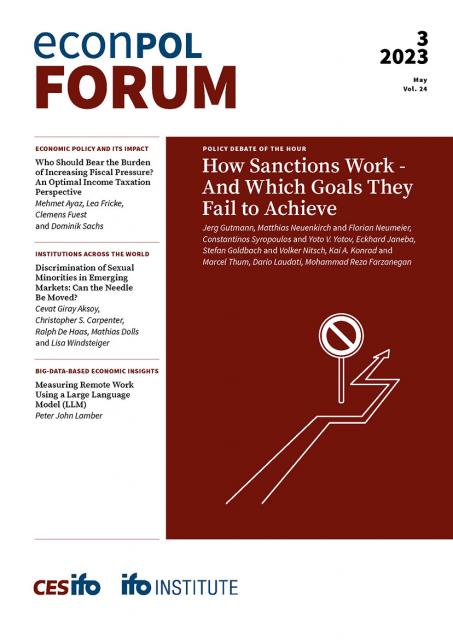
Economic & Fiscal Policy
Foremost on industry bosses’ mind and the general public attention alike, economic policy is one of the key areas of EconPol analysis. Fiscal policy, in turn, as a major enabler of economic policy, is another pillar of exploration. Devising the right policies to boost economic growth, assure price stability, and safeguard sustainable public finances is an art in itself, and different for every country and economy. This EconPol section examines policies that impact taxation, government spending, budgetary allocations, and public debt management. Additionally, it investigates the challenges and trade-offs faced by policymakers in balancing competing goals and responding to economic shocks and crises.




